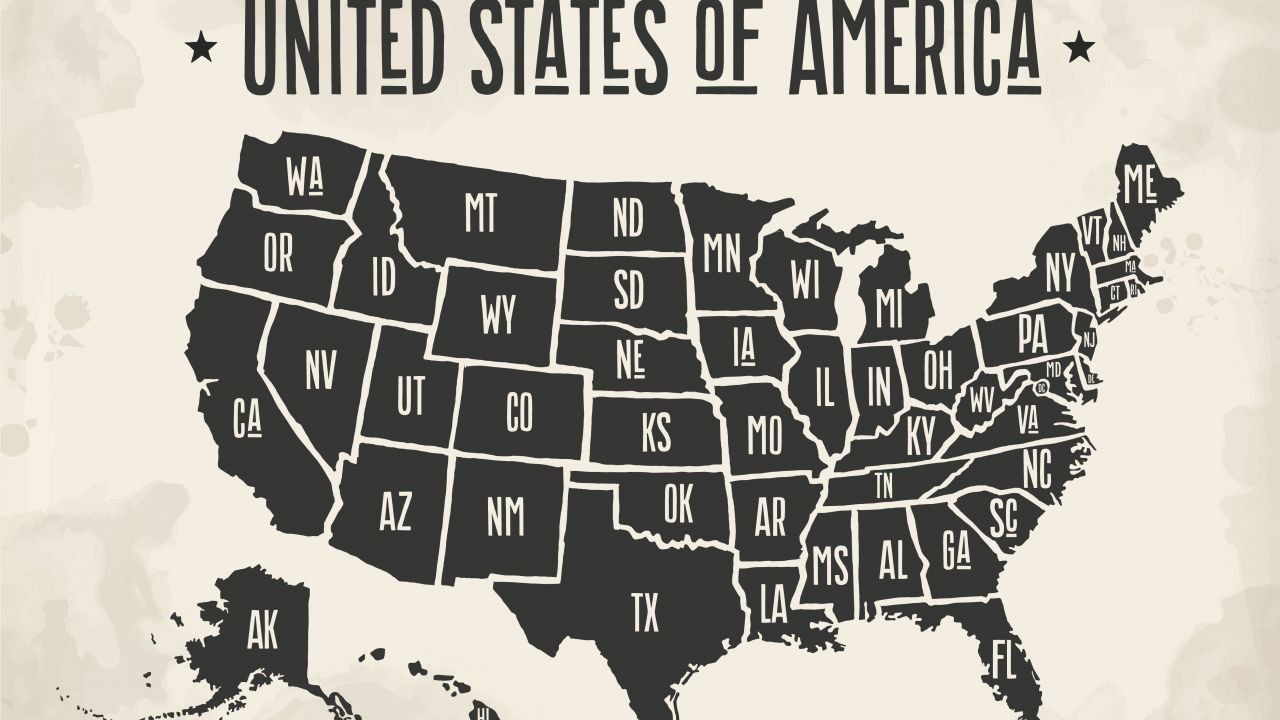Surplus lines insurance fills an important need in the marketplace as they have the ability to accommodate a wider variety of risk provides insurance for hard-to place, unique or high capacity risks, where insurance coverage was not otherwise available.
Risks that are typically written in surplus lines generally fall into three categories. Those are as follows:
-Capacity or catastrophe-prone risks- coverage is too high or too risky than carriers are willing to take on. Such as an amusement park or a home located near hurricane or earthquake prone areas.
-Unique risks. Such as an Emu farm.
-Non-standard risks with unusual underwriting characteristics. Such as high-rise window washing or a food truck operator.
With standard insurance policies, the carrier must be “admitted” or licensed by the state where the policy is written. There are certain regulations and restrictions these admitted carriers must follow. They also pay into a state guaranty fund, which is meant to cover claims should the carrier become insolvent. Non-admitted insurers, on the other hand, don’t have this government-backed support. This means that policyholders might not recover their claims if the insurance company bank goes bankrupt. This condition is the biggest disadvantage of surplus insurance. Also, the rates of a non-admitted insurer may be more expensive than a standard carrier. It’s understandable since they need the financial cushion to take on high-risk clients.
Our society and our businesses are changing at a rapid pace, meaning insurance needs are changing too. Surplus lines companies have the ability to react quicker to the demands of the marketplace, oftentimes resulting in a proving ground for new insurance products and underwriting concepts.
Whether you’re choosing an admitted or non-admitted insurer, always check the company’s financial stability first. It will help assure you that the carrier can afford to handle claims and losses.










